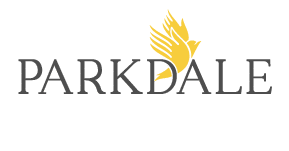Obsessive Compulsive Disorder (OCD) and Substance Use Disorder (SUD) are commonly seen as mental health issues in most cases; however, when they occur together, the way they interact can significantly raise the chances of a relapse in drug use. OCD involves dealing with intrusive thoughts and compulsions, while addiction is about relying on substances or actions. When these two problems happen simultaneously, the compulsions and anxieties stemming from OCD can act as triggers for substance use, leading to a loop that makes recovery a complex and challenging journey that often requires professional intervention. In this article, we’ll review how OCD can impact relapse in addiction recovery.
Exploring Obsessive Compulsive Disorder (OCD): Signs and Difficulties
Obsessive Compulsive Disorder (OCD) is a health issue that impacts around 2 out of every 100 people in the United States, as stated by the National Institute of Mental Health (NIMH). People with OCD deal with unwelcome thoughts, referred to as obsessions, that push them to engage in actions or mental rituals known as compulsions. These compulsions aim to alleviate the anxiety triggered by the obsessions. Frequently, it results in discomfort and interference with daily activities.
Many people have recurring worries about germs or dirtiness, fears of causing harm to themselves or others, or the need for things to be perfectly arranged as part of their fixations. In response to these concerns, individuals may feel compelled to cleanse, check, count, or organize items. Even though these actions might offer comfort, they strengthen the worries, resulting in a loop of anxiety and compulsive conduct.
The urge to engage in rituals can push people with OCD to look for ways to manage their condition and anxiety better. Regrettably, some individuals may resort to using substances, like drugs or alcohol, to ease their anxiety and evade their intrusive thoughts. When substance abuse becomes an issue, it not only worsens health difficulties but also makes the journey to recovery more complex, raising the chances of a setback.
Understanding the Connection Between Obsessive Compulsive Disorder and Substance Addiction
Obsessive compulsive disorder (OCD) and addiction can form a cycle of behavior reinforcement that poses severe risks to individuals dealing with these conditions. When someone grappling with OCD turns to substances, like alcohol or benzodiazepines, as a coping mechanism, it’s often in an attempt to ease the anxiety or intrusive thoughts that are hallmarks of their condition. These substances offer respite by blunting thoughts or curbing compulsions, but this reliance is typically short-lived and ultimately detrimental. It can result in dependency and exacerbate both OCD symptoms and addiction issues in the long run.
Studies have revealed that a quarter of those who seek treatment for OCD also are affected by substance use disorders. Those with OCD may turn to drug or alcohol abuse as a means of self-medication; however, resorting to substances for managing their OCD symptoms frequently results in heightened relapse chances during the recovery process. The urges and unwanted ideas of OCD can act as catalysts for substance abuse issues and make it challenging to stay sober.
The Relationship Between OCD and Addiction Relapse
Anxiety stemming from OCD often plays a role in triggering a relapse into drug use for individuals undergoing recovery stages despite efforts to manage intrusive thoughts and anxiety symptoms linked to the condition. In cases where substances were previously used as a coping mechanism for these emotions related to OCD, it heightens the risk of a relapse occurring when confronted with emotional challenges.
A key sign of OCD is when unwanted and upsetting thoughts invade the mind beyond one’s control during the healing process; these intrusive thoughts can be so intense that they drive individuals to turn to substances for relief from anguish without ways to manage them properly. In this situation, these thoughts serve as a strong incentive for falling back into drug or alcohol use.
Stress is commonly known to spark a recurrence of drug use; individuals dealing with OCD can find it especially tough to cope with stress due to the anxiety and pressure brought on by thoughts that may drive them to seek solace in drugs as a means of temporary relief from their stress levels. Relapse is particularly problematic for individuals with OCD as their condition naturally entails elevated stress levels.
Parkdale Center: OCD and Its Impact on Relapse
Parkdale Center provides dual-diagnosis treatment programs that cater to treating existing disorders such as OCD and addiction concurrently. These specialized addiction treatment programs employ a strategy that encompasses evidence-based therapies and medication management alongside support to guarantee individuals receive the necessary care for sustained recovery in the long term.
Parkdale Center goes beyond addressing addiction symptoms; our drug rehab also delves into the factors that could lead to relapse for those dealing with dual diagnoses of addiction and mental health issues. Contact us to learn more about how we can help you or a loved one on your recovery journey.

